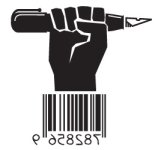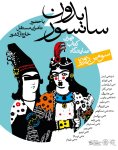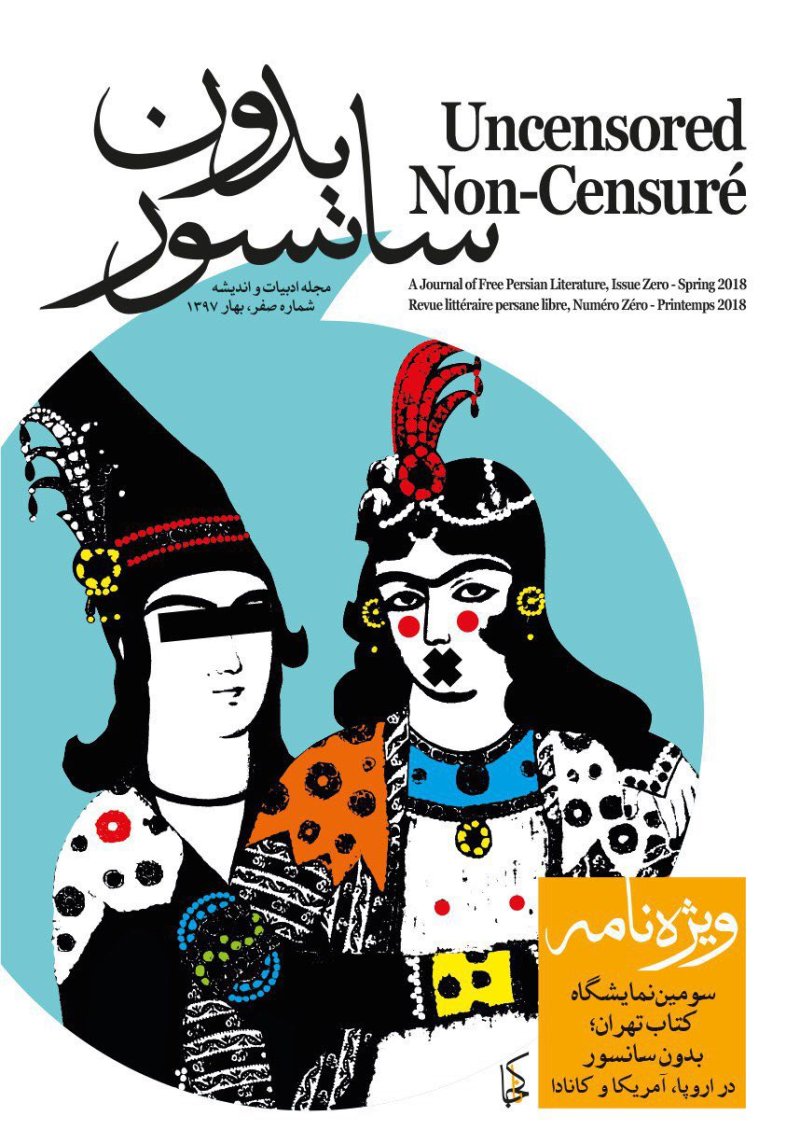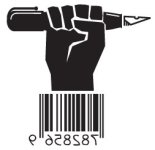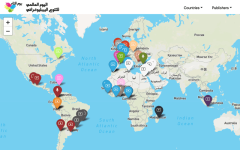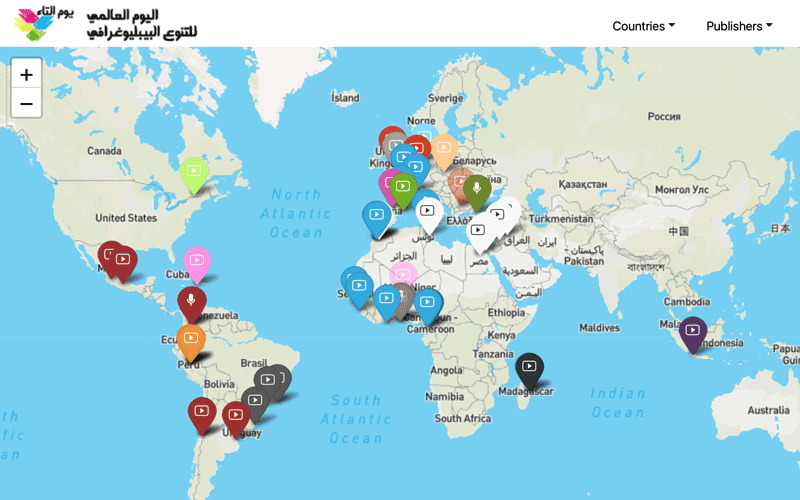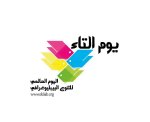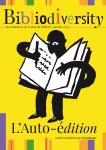
This nonfiction title by a German-Egyptian academic examines stereotypes throughout the history of the prophet Muhammad. The main theme of the book is a representation of the life of Mohammed and the emergence of Islam. Osama bin Laden’s actions, as well as the crimes of Islamist terrorist organizations such as the Islamic State, are also attributed to Muhammad’s willingness to spread Islam through violent subjugation and partial physical liquidation of people of other faiths.
Hamed Abdel-Samad, the author, is born near Cairo in 1972. He worked for UNESCO, at the Institute for Islamic Culture at the University of Erfurt, and at the Institute for Jewish History and Culture at the University of Munich. Abdel-Samad is a member of the German Islam Conference and, according to his publisher, is “considered to be one of the most renowned Islam intellectuals in the German-speaking world”.
The book was first published in German (Mohamed. Eine Abrechnung) by the German publishing house Droemer Verlag in October 2015.
Publishers from the Persian network of the Alliance have translated and co-published the book in Farsi in 2018: Forough Publishing and Pouya Publishing (Germany), Khavaran Publishing (France) and Pegah Publishing (Canada).
2018 - 250 pages - 13 X 20,5 cm - ISBN: 978-3-943147-63-6
















